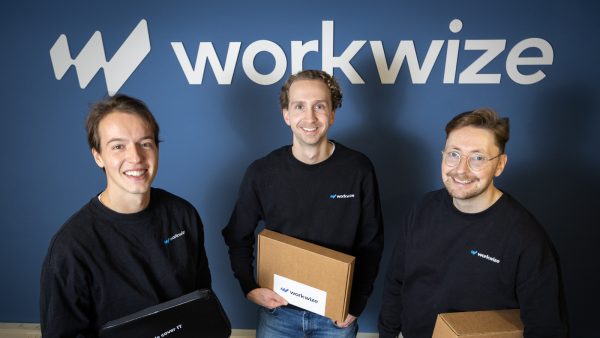What are you going to “stop doing” in 2006? More important than your annual “to do” list is a list of what you’re going to stop doing. And I admit, this is a much, much tougher decision, which is why it’s worth making! It’s easy to make a list of 75 things you need to accomplish this coming year, but what are the five you’re going to eliminate.
New Years Day five years ago I decided to stop a $2 million piece of our business which impacted a lot of our affiliates and customers. It wasn’t an easy decision. And though it cut my revenues in half, it freed us up to pursue much more lucrative opportunities which by 2005 allowed us to almost double our revenues and triple our profitability over 2004. It’s hard to start something new if you don’t stop something else.
So take out a piece of paper and make the tough decisions (and send out an email to your team to solicit their thoughts). What products and services should you stop supporting? What underperforming offices should you shutter? What customers should you politely send to your competition? Which associate(s) on your team made 2005 less than fun and should have their “future(s) freed up?”
One client a few years ago even decided to stop their entire firm. The executives looked around the table at the talent they possessed vs. the results they were achieving and realized they had built a dumb business with no viable economic model moving forward. Surely they could build something better if they jettisoned the preverbal boat anchor around their collective necks. They did and Mike and his team are in a much better situation today.
And it’s an equally important question to ask personally. Make a list of those parts of your job that weigh you down energy- and time-wise and figure out how to delegate, eliminate, or outsource to someone else. Pick one thing right now.
This past year my team integrated this exercise into our weekly meeting agenda. We attempt each week to identify one thing we should stop doing that will make the company run smoother and our jobs easier. As I’m writing this, we decided this morning to stop dealing with a certain supplier and find a replacement.
David Rich, CEO of ICC/Decisions Services, a leader in mystery shopper programs, took an entire quarter and had his headquarters team of fourteen focus on activities they could stop doing. Within ninety days they found 160 hours/week of work they were able to eliminate. That’s the equivalent of four full time positions (ten if this were a French firm!) for an almost 30% boost in capacity. And along the way they found $8k per month in bottom line expense savings. One big “stop doing” was an extensive report they generated everyday which they found no one needed.
Interestingly, the best test that you have a viable strategy (viable being the key word) is that you and your firm says “no” more than “yes”. The best example is Southwest Airlines. With a market cap bigger than all the other U.S. airlines combined, they only serve 69 locations. They’ve been extremely selective in their expansion plans over the 35 years they’ve operated, saying no to Denver twenty years ago before finally deciding to reenter the market in 2006.
Unless your firm is less than five years old, in which case you need to say “yes” to everything and everyone you can, its time to start saying “no” more often. Once you realize, as the leader of your firm, that saying no is one of the most important aspects of your job, you’ll be much better off. The same for your role as a parent, but I’ll save that conversation for another time!
Happy New Year!








